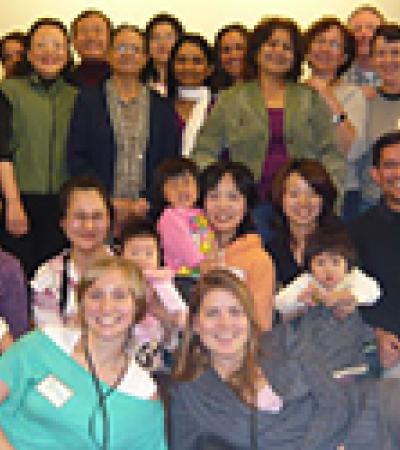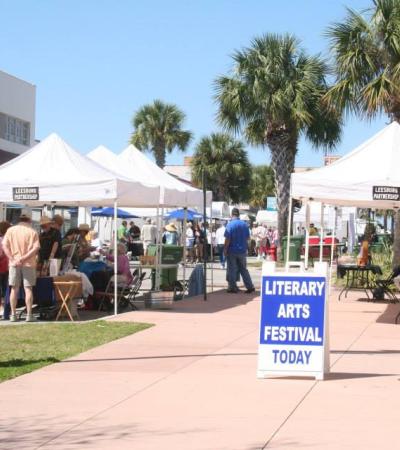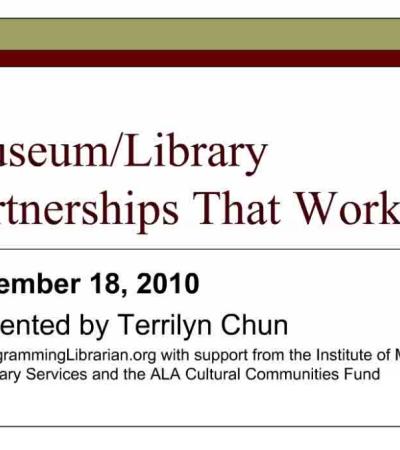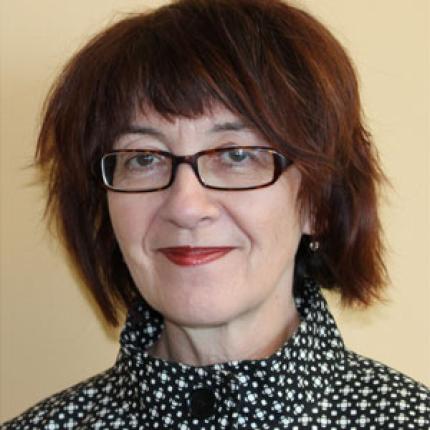
The Hamilton Public Library, located in Ontario, Canada, serves a population of 500,000-plus people, the fourth largest population in the province (preceded by Toronto, Ottawa, and Mississauga). Serving an ethnically diverse community in a city that has been hard hit by the economic recession, specifically in the area of manufacturing, the City of Hamilton is home to many low-income, newcomer families. Immigration has steadily increased and, according to recent statistics, 52 percent of recent immigrants are experiencing poverty, as compared with 20 percent of the total Hamilton population.
The municipal government is committed to creating a more welcoming and inclusive city, one where the talents and experience that immigrants and refugees bring are valued because they are integral to making Hamilton “to be the best place in Canada to raise a child.”
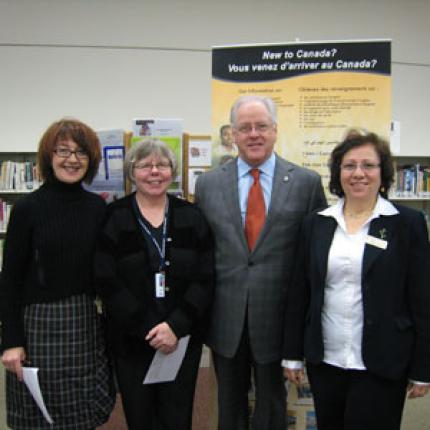
1 The Library Settlement Program (LSP) is a partnership between the library, Citizenship and Immigration Canada (CIC), and our local settlement agency, Settlement and Integration Services Organization (SISO). We’re extremely proud that this program, which was pioneered in Hamilton, provides year-round settlement services to newcomers at selected library branches. LSP workers, employed by SISO through funding from CIC, connect individuals and families to the resources in the community and explain the library’s programs, services, and collections. The LSP staff also provides community outreach and works with library staff to deliver information sessions to newcomer parents and students. This partnership is a win-win, giving HPL direct access into the newcomer community and benefits that include such key things as translation services for our customers.
2 The Language Instruction for Newcomers to Canada (LINC) program offers one-on-one tutoring for newcomers who were highly educated in their own countries but need to improve their English skills and require the personal support and interest that only a tutor can provide. LINC tutors are volunteers who are recruited and trained by LINC staff and employed by the library through funding support from CIC. The program’s funding also provides for an extensive collection of resources and dedicated library space for LINC staff and tutoring sessions.
3 Multicultural Early Learning Initiatives (MELD) is a family literacy project planned and implemented by eleven community partners. It provides parents with support for their children’s early learning and school readiness and offers dual-language family workbooks, accessible dual-language collections, and family programs. A group of teachers developed a workbook based upon five school readiness skills for parents and children to work with at home; library staff then hold programs in the schools to promote MELD.
4 Conducted in partnership with SISO, English Conversation Circles are drop-in programs that provide newcomers with an opportunity to practice their English in a friendly environment and to learn about Canadian customs and traditions. Our most popular conversation circle programs serve the Chinese-speaking community. The program is facilitated by the Chinese settlement worker, who networks with her clients and fills the room to capacity. English Conversation Circles are held at four library locations across the city each week.
5 Newcomers face barriers accessing the labor market, and, as a result, too many are living in poverty. HPL’s five Job Discovery Centres (JDC) were established to provide career and employment counselling and information. In addition to a sizeable collection of print resources, dedicated computers with résumé-writing software and access to online resources is provided. Each centre is staffed by a full-time coordinator who provides assistance in job search strategies and résumé writing. The JDC staff are active participants in local social agency networking groups and share this expertise with library staff. The program is fully funded (staffing and resources) through provincial funding from the Ministry of Training, Colleges, and Universities. The JDCs have been a godsend to those searching for employment in touch economic times, and they complement HPL’s vast career resources across the system.
6 We wanted to actively engage the newcomer community in reading for pleasure. Our recent “One City, Many Stories” project encouraged Hamiltonians to read three stories about diversity, Olympic courage, and friendship. The preschool book selection was Handa’s Surprise, and was available to borrow in nine languages. Working with the schools and other stakeholders in the newcomer community, library staff presented storytimes throughout the city in Arabic, Chinese, French, Punjabi, and Spanish, along with English. Programs for adults and teens were equally diverse.

• Reputation: The library’s enduring values of inclusiveness and accessibility are valued by other partners. Public libraries are perceived as existing for the common good.
• Credibility: Because we are a large public institution with a proven track record of delivering what we promise, other partners ask for our participation.
• Honest brokers: We are perceived as fair and ethical with no political agenda and a strong focus on community development.
• Infrastructure: We are willing to use the large infrastructure of the public library to support a partnership. This support can sometimes be used as in-kind support to leverage other funding. Typically this support includes bookkeeping, publicity, space, project supervision and research expertise.
• Senior staff involvement: When a partnership is under development, it is crucial that all participants be able to commit to a plan of action and to commit their organization’s support. Partnership development is a responsibility of all senior positions at HPL, and senior staff are authorized to commit resources to a partnership that advances the library’s strategic goals.
• Strong skill base: The library is seen as a leader in the area of information technology. The information skills of staff are relevant in a variety of information-rich environments.
By building on these strengths, through key partnerships, HPL has positioned itself as the “third place” for newcomers—that is, a dependable place of refuge where families can escape the demands and limitations of their first and second places (home and work), or to find valuable advice about securing meaningful employment.

